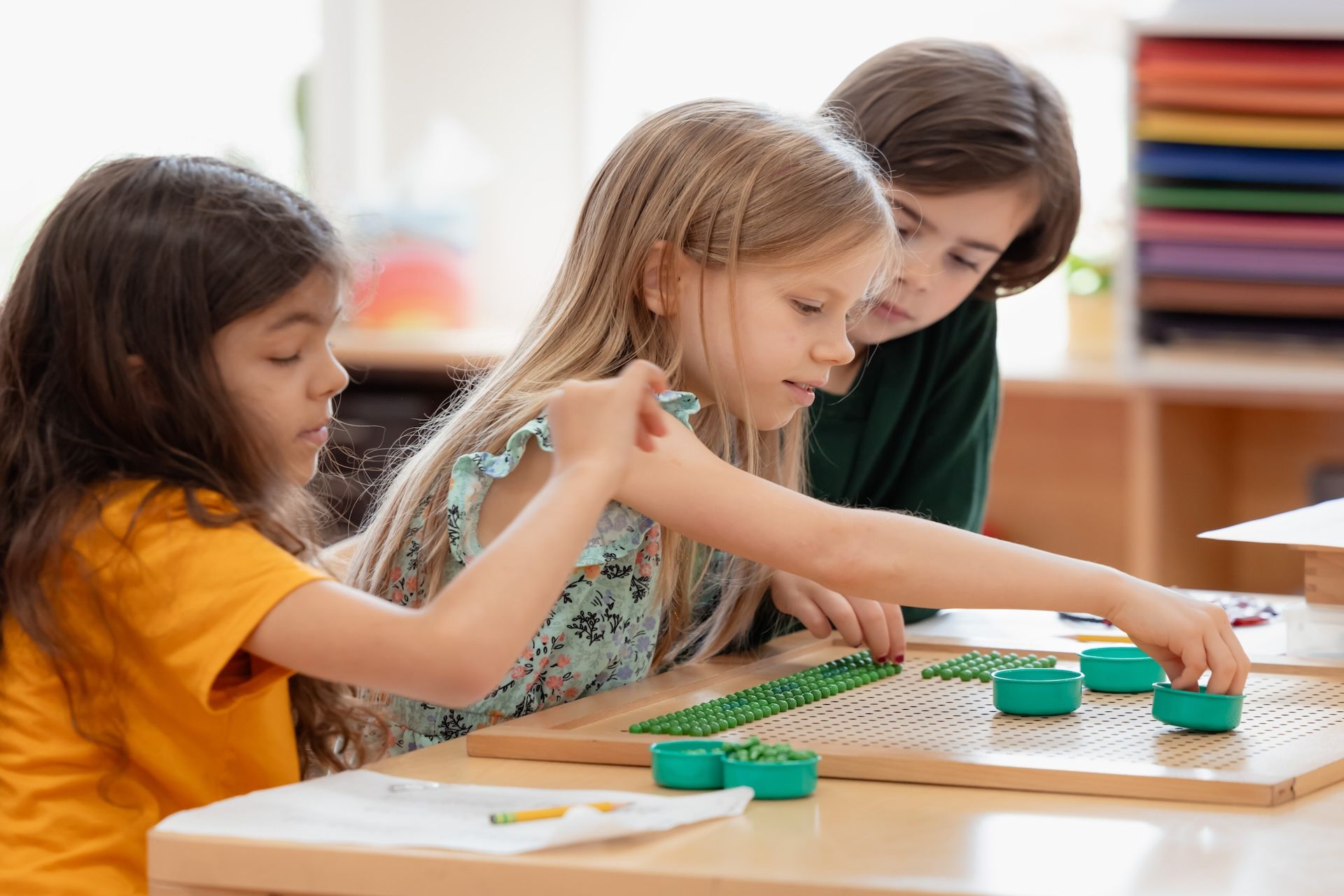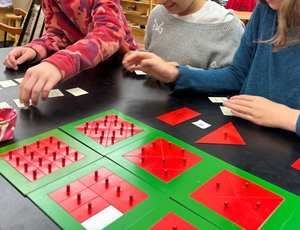Supporting Children's Social Lives

We’ve all experienced it. Those days when our children come home feeling the sting of a recess exclusion, a series of slights from a friend, or some other social discontent. They unload their hurt onto us, and we feel heavy with the weight of their pain.
Childhood is a time of profound social development. Our children are navigating their social lives, and learning how to handle social struggles is a process that can ultimately build resilience, empathy, and problem-solving skills. Social challenges are a normal and essential part of childhood development. But that doesn’t make the process any easier (especially for us as parents!).
Letting the Process Unfold
When our children come to us and unload their latest story of social exclusion, teasing, or friendship drama, it is important to make sure they feel heard. This means our job is to reflect back what we hear in an empathetic way, while also acknowledging any hurt or complex feelings. In practice, this may sound something like, “Wow, it sounds like you were feeling really hurt when your friend stormed away from you during the game at recess.” Our children need to know that they can vent and that we will listen.
Avoid Getting Too Involved
We are hard-wired to want to shield our children from pain. As a result, instead of just listening and acknowledging, we can tend to hold onto our children’s hurt feelings and may even feel compelled to intervene.
Unfortunately, our intention to alleviate the pain can often have unintended consequences. Sometimes, our intervention may be that we regularly check in with our children about the social dynamic. For example, the next day asking, “How did it go with your friend during the game at recess today?” We don’t realize that our children have often moved on from the previous day’s hurt. Childhood friendships and social interactions ebb and flow multiple times a day.
But when we keep harking back to hurt, we inadvertently do what psychologist Michael Thompson calls “interviewing for pain.” In doing so, we refocus our children’s experience on one incident they have likely mostly forgotten. Each day, when we ask again about that friendship or social interaction, our children either realize that this topic really gets our attention and/or begin to think of themselves as victims.
Support Problem Solving
Instead of “interviewing for pain,” we can ask questions that support our children’s problem-solving skills. So, after acknowledging the hurt feelings when our children first share them, we can plant some problem-solving seeds, “I wonder how you are going to handle a situation like this in the future.” Or, if we are really concerned about our child’s emotional or physical safety, we can check in about what they need, “This seems like a serious situation. Do you feel like this is something that needs to be communicated to your teacher? How can I support you in getting some help?”
Non-interference doesn’t mean neglect or ignoring something serious. Instead, we are focusing on encouraging our children to talk about their feelings without solving the problem for them, offering perspective or guidance only when asked, and observing from a distance unless safety is at risk.
If we recognize red flags (such as ongoing bullying or harmful behaviors), we can step in thoughtfully by collaborating with our children to find solutions, which may include consulting with teachers or counselors if necessary. Ideally, this is done with our children’s awareness so they aren’t blindsided by others knowing what they shared with us, especially if they thought they were sharing it in confidence.
A Developmental Necessity
Ultimately, our children learn to navigate the complexities of human relationships through their own experiences. The ups and downs of social interactions are opportunities for growth in emotional resilience, conflict resolution skills, understanding social boundaries, empathy, problem-solving, and independence and confidence.
Think about the many benefits. Social setbacks, such as disagreements or feelings of exclusion, help children cope with disappointment and bounce back. Arguments and misunderstandings teach children how to resolve conflicts constructively. Through trial and error, our children learn to negotiate, apologize, and compromise—skills essential for healthy relationships throughout life. They learn about boundaries and how we all impact each other in different ways, leading to insights into different perspectives and feelings.
Social challenges push children to think creatively about how to navigate tricky situations. Each successful navigation of a social challenge reinforces our children’s belief in their ability to handle similar situations in the future. This builds self-esteem and independence and helps our children realize they don’t always need an adult to solve their problems.
By stepping back and allowing children to experience and work through these situations on their own, we give our children the space to develop essential life skills. The key is to provide a supportive environment where children feel safe to share their feelings and seek advice.
A Foundation for the Future
Rest assured, our children have an amazing ability to learn and grow from social experiences. By not interfering in our children’s social lives, we show a tremendous act of love that empowers them to build the skills they’ll need for lifelong social success.
Remember, childhood social interactions lay the foundation for future relationships in school, work, and personal life. Navigating these early challenges helps children develop teamwork, compromise, and emotional intelligence skills that will benefit them throughout their lives. Our children need us to let the process unfold, avoid getting involved, and support their problem-solving. In doing so, we are sending our children an important message that we believe in them and their ability to handle challenges.
Interested in learning more?
Schedule a visit to see how our classrooms support healthy social learning.






